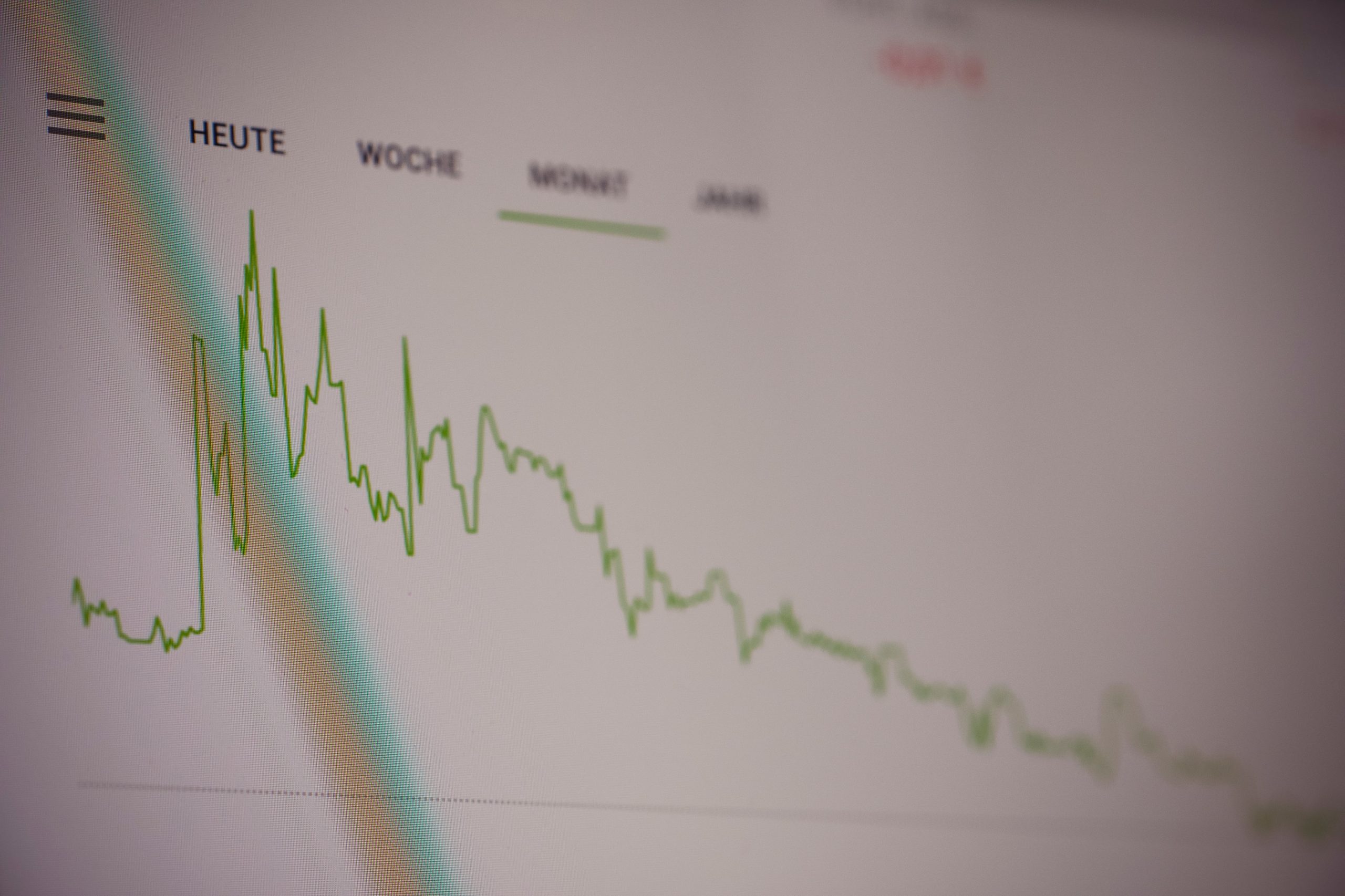There is no generalised answer regarding the best way to trade ETFs on the stock market. However, there are a few tips that can help traders make the most of these investment vehicles.
What are ETFs, and how do they work on the stock market?
An ETF, or exchange-traded fund, is a type of investment vehicle that allows traders to invest in a basket of assets in one transaction. ETFs are traded on stock exchanges and can be purchased and sold throughout the day like any other stock.
The benefits of ETFs include their low costs, diversity, and tax efficiency. However, it is essential to note that ETFs are not without risk. Before investing in an ETF, be sure to do your research and understand the risks involved.
Now that you know a little bit more about ETFs let’s take a look at some tips for trading them on the stock market.
Know what you’re buying- When you buy an ETF, you buy a basket of assets. It is essential to understand what assets are in the ETF and how they may be affected by market conditions. For example, if you are buying an ETF that tracks the price of gold, you will want to pay attention to the news for any developments that could affect the price of gold.
Have a plan- Before you start trading ETFs, it is crucial to have a plan. Decide what your investment goals are and what types of risks you are willing to take. Once you have a plan, stick to it. Don’t let emotions get in the way of your trading decisions.
Use stop-loss orders- A stop-loss order is an order to sell a security when it reaches a specific price. Stop-loss orders can help limit your losses if the market moves against you.
Use limit orders- A limit order is an order to buy or sell a security at a specified price. Limit orders can help you get the best possible price for your trade.
Take advantage of dollar-cost averaging- Dollar-cost averaging is a strategy in which you invest a fixed amount of money in security at regular intervals. This strategy can help smooth out the ups and downs of the market and can make investing less daunting.
Be patient- When trading ETFs, it is essential to be patient. Don’t try to time the market or make decisions based on emotions. Instead, focus on your long-term goals and make trading decisions based on your market analysis.
Why trade ETFs instead of other types of stocks or investments?
ETFs offer many benefits, but there are a few reasons why they may be particularly well-suited for active traders.
ETFs are diversified- When you buy an ETF, you buy a basket of assets. This diversification can help protect your portfolio from the stock market’s volatility.
ETFs are liquid- ETFs are traded on stock exchanges and can be purchased and sold throughout the day like any other stock. This liquidity makes them ideal for active traders.
ETFs have low costs- ETFs typically have lower fees than other investment vehicles. It can help you keep more of your profits.
ETFs are tax-efficient- ETFs are generally more tax-efficient than other investments. It means that you will keep more of your profits when you trade an ETF.
What should you do if you experience losses while trading ETFs on the stock market?
- Don’t panic
- Review your plan
- Consider using stop-loss orders
- Be patient
If you experience losses while trading ETFs, don’t panic. Instead, review your plan and consider using stop-loss orders. Remember to be patient and focus on your long-term goals. Over time, the market will likely rebound, and you can recoup your losses.

